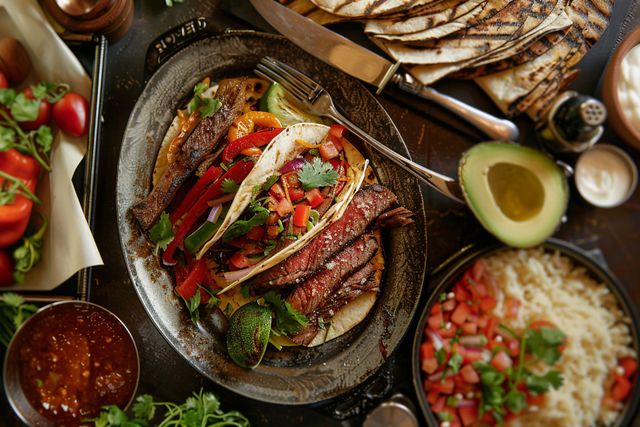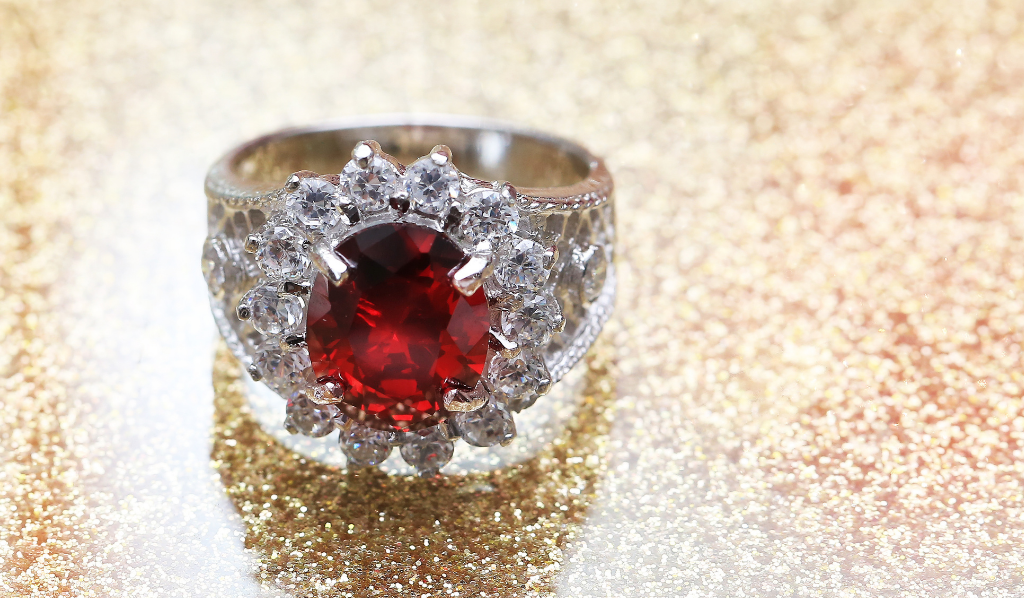Can tweens’ feeding on patterns be impacted by messaging from influencers? A analyze posted in Frontiers in Psychology implies that a slim influencer does not influence food items selection in kids amongst 11 and 13, when an overweight influencer may possibly be ready to.
Tweens, teens, and young older people are matter to a large amount of advertising from influencers and models. In this engineering-driven age, influencer marketing is a huge business, with influencers promoting garments, foodstuff, makeup, and much more. This can have a profound influence on individuals, in particular individuals who are young and impressionable. With nourishment staying these kinds of an vital aspect of a acquiring child’s wellbeing, this study seeks to comprehend how influencers can have an affect on food items choice for tweens.
“As young children are thoroughly exposed to sponsored influencer material on social media currently, and prior investigation has shown that substantially of this sponsored influencer content entails the advertising of harmful food items (foodstuff superior in sugar, salt and/or excess fat) to youngsters and that this articles impacts children’s and adolescents’ unhealthy foods preferences, alternatives and intake, we puzzled if this influencer information could also be deployed to endorse a healthy diet and a balanced way of life between young children,” explained examine author Steffi De Jans, a postdoctoral researcher at Ghent College.
For their research, de Jans and colleagues utilized 146 participants with an even gender break up. Contributors ended up randomly chosen from 3 distinctive colleges in Belgium. Scientists established 2 Instagram profiles for phony influencers, a person who was offered as slender-suitable and a single who was presented as overweight. Influencers were demonstrated holding possibly carrots (nutritious snack) or cookies (harmful snack). Participants done steps on influencer credibility, influencer admiration, trans-parasocial interactions, and foods option.
Benefits confirmed that when exposed to the slender-best influencer, their decision of snack was not impacted the team shown the healthy snack and the group demonstrated the harmful snack chose the harmful snack at similar fees. When uncovered to the overweight influencer, participants have been extra very likely to decide on the nutritious snack soon after looking at the put up with the unhealthy merchandise in it. The final results confirmed an result of body weight on perceived believability, with over weight influencers becoming perceived as a lot less credible, and on influencer admiration, with slender-ideal influencers being extra admired.
This examine took techniques into improved knowledge influencers results on meals alternative for tweens, but it also has some restrictions to be aware. A single these kinds of limitation is that this review used a fictitious influencer, which likely would not have the sway or affect on young children that somebody they know of might. Furthermore, individuals were being advised they would be given their selected snack as a thank you, which could have influenced them to decide on whichever snack they would desire at the time. Long run study could give a lot more snack choices.
“This analyze reveals that publicity to a slim-best influencer did not impact tweens’ option for healthful vs. unhealthy meals. Therefore, we propose that making use of slender-great social media influencers does not stimulate a balanced diet program between tweens,” the scientists claimed.
“However, publicity to an over weight influencer endorsing unhealthy treats can positively influence children’s option of balanced food items. These outcomes could be explained by contrast effects, as the chubby influencer is also perceived as fewer credible and is admired significantly less by the tweens. Dependent on this principal final result, it is hard to attract a concrete advice for entrepreneurs or community procedures when it arrives to advertising and marketing healthful foodstuff to small children and adolescents, as our final results would counsel that the very best way to boost a healthful food plan is by making use of an over weight influencer promoting an harmful food product or service.”
“Thus, we believe that that it is not sensible to market healthy meals to kids through the endorsement of harmful food items by an over weight influencer, as this might perpetuate the stereotypes regarding chubby people today in that men and women who do not have a slender perfect are harmful and take in unhealthy foods,” the scientists concluded.
De Jans advised PsyPost that “future analysis really should even more study if and how social media influencers can be deployed to endorse a nutritious diet and lifestyle (e.g., by growing foods literacy among their youngsters).”
The study, “Effect of Thin-Beliefs in Influencer Posts Marketing Healthful vs. Harmful Meals on Tweens’ Wholesome Foods Choice Behaviors“, was authored by Steffi De Jans, Liselot Hudders, Brigitte Naderer, and Valentina De Pauw.






